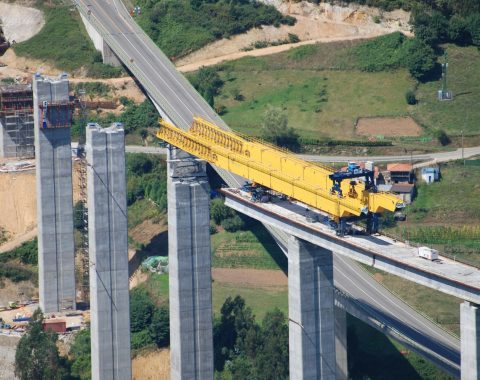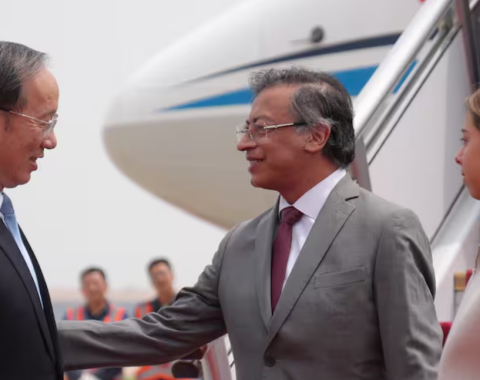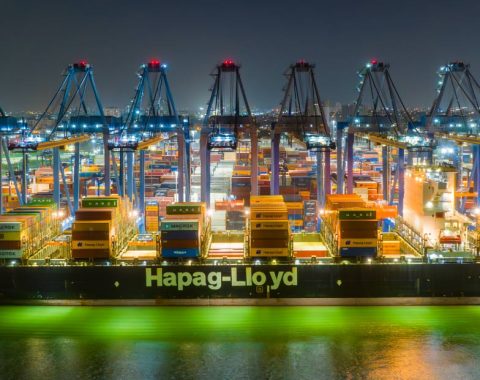In the dynamic setting of international relations, bilateral discussions between world leaders can establish new directions and meaningful shifts in the economic and political sphere. The recent trip of Gustavo Petro, President of Colombia, to the People’s Republic of China is a testament to the expectations and opportunities underlying the strengthening of ties between Latin America and Asia.
Colombia’s priorities
1. Trade balance and debt adjustment: One of the most critical thematic axes is the unfavorable trade balance that Colombia holds with China. Even though China has been Colombia’s second most significant trading partner since 2010, the trade deficit has been an ongoing concern. Petro’s visit offers a strategic opportunity to address this issue, seeking to balance the trade scales and, at the same time, address the profile of the national debt. Given Colombia’s current fiscal strains, rescheduling its obligations with the Asian giant might offer financial relief, allowing for long-term fiscal planning.
2. Cooperation in infrastructure: Petro’s mention of the “Belt and Road Initiative” is a clear indication of Colombia’s desire to integrate more deeply into China’s infrastructure ambitions. Colombia’s unique geographical position, as a bridge between the Pacific and Atlantic Oceans, can play a pivotal role in global trade, with the reconstruction of the Colombian railway network being a priority. Cooperation expectations in the Bogotá Metro, a nationally significant project awarded to a Chinese consortium, also underline the interest in technical and financial collaboration.
3. Trade diversification: Although China primarily buys energy resources from Colombia, the Colombian government is looking to diversify its exports. Within the context of Petro’s decarbonization initiative, it’s imperative for Colombia to explore exporting high added-value products, such as specialty coffees, flowers, cocoa derivatives, and tropical fruits. This diversification could address the aforementioned trade imbalance and establish a more symmetrical trade relationship.
The new role of Colombia in a multipolar world
President Petro’s visit is not just a diplomatic act. It represents a strategic reorientation of Colombian ties towards a deeper and multifaceted partnership with China. When examining the historical legacy of interactions between the two nations, it’s evident that, even though the relationship is rooted in the 1980s, the current global environment demands increased collaboration.
Immediate challenges, such as the trade balance and infrastructure cooperation, are undoubtedly critical. However, it’s essential that both countries also explore opportunities in areas like technology, renewable energies, and innovation.
The current multipolar world requires deeper interaction between emerging economies. With this visit, Colombia and China are charting a path toward a relationship that’s not just based on trade and investment but also mutual understanding and cooperation on various fronts. The world will be watching closely how these high expectations materialize.
Geopolitical Chess
The current dynamics of the international system are heavily influenced by a geopolitical chess game that has been reshaped in recent decades and quite noticeably in recent years. This chess game, which pits major powers in a continuous struggle for influence in strategic areas of the world, has Latin America as one of its primary boards. The region has gained relevance in this game, not only for its resources and markets but also for its role in the global political structure.
Influence in the Global South
Gustavo Petro’s visit to China fits into this struggle for influence. By strengthening relations with China, Colombia is not just looking to balance its trade but also diversify its alliances and play a more active role in the multipolarity defining the contemporary international system. However, this move towards the Asian giant comes at a time of palpable tension between major powers, especially between the USA and China.
The presidents’ summit in which Gustavo Petro will meet Joe Biden at the White House, scheduled just two weeks after his encounter with Chinese leaders, underscores this geopolitical competition. The “Summit of Leaders of the Alliance for Economic Prosperity of the Americas”, led by Biden, appears as an attempt by the USA to reaffirm its leadership in the western hemisphere amidst a resurgence of Asian powers in Latin America.
Colombia’s position in the geopolitical chess is clearly evolving. Petro’s visit to China and his upcoming meeting with Biden at the White House show an intention to diversify alliances and play a more prominent role on the international stage.





